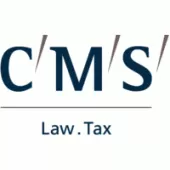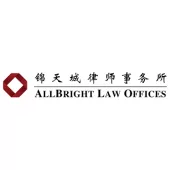Top International Law Firm in Egypt & Saudi Arabia
Sadany&Partners Law Firm is one of the top international law firms in Egypt and Saudi Arabia. Since its inception in Cairo governorate, our law firm has worked tirelessly to be one of the best law firms in Egypt by providing innovative legal solutions that help clients reach their ideal outcomes.
Sadany&Partners Law Firm has vast expertise in offering legal advice to both public and private sector companies, as well as to many government authorities and ministries in Egypt, Saudi Arabia, or abroad through our business lawyers.
Sadany&Partners Law Firm has represented hundreds of clients before arbitration tribunals in local and international disputes and before Egyptian or Saudi courts of different degrees.

It is well known that successful investment in any country requires legal solutions provided by a professional business law firm that supports investment to move forward steadily, unhindered by barriers that may affect its growth or decrease the chances of achieving the desired benefits. Since such solutions must be transparent and realistic and their commercial ramifications acknowledged, our lawyers have always been keen to benefit our clients, not only through excellence in offering our legal services but also due to the fact that our lawyers are grounded in reality and understand well the very real challenges involved in running a business.
Based on our conviction that the client’s best interest is our goal, and that clients are our partners for success, we are committed to developing our capacities and enhancing the skills needed to meet clients’ needs and guarantee their satisfaction.
Since action speaks louder than words, our law firm commits to showing results – results that exceed all expectations.
WHY CHOOSE US
1. The Most Trusted Law Firm
We are proud that we are representing many foreign governments and state-owned companies in Egypt and Saudi Arabia including Chinese, Russian, Pakistani governments.
2. Upholds High Standards of Integrity:
We display honesty, fairness, truthfulness, impartiality and are steadfastly opposed to corruption.
3. Highly Qualified, Specialized and Academically Expert Team:
We take pride in the fact that most of our team members hold Ph.D. in law. furthermore, besides their work with our law firm, some act as lecturers at Egypt’s largest universities.
4. Prompt Replies to our Clients’ Inquiries:
We guarantee prompt replies to our clients’ inquiries as we understand the urgency of their needs.
5. Keeping our Clients Updated:
We always keep in regular contact with our clients in order to update them fully about the latest developments in their legal affairs - as we aim for our clients’ total satisfaction.
6. Worldwide Legal Services in One Place:
We have a vast network of professional law firms and lawyers covering universal jurisdiction - hence there is no need to travel abroad to settle your legal issues, we have professionals on the ground both here and around the globe to take care of your legal matters.
7. The Most Competitive Prices:
We always provide the most competitive prices in the law market and we have different packages for our services.
Our Clients







































Memberships










 English
English
 العربية
العربية
 中文语言
中文语言
 русский язык
русский язык
 Le français
Le français
 Española
Española







